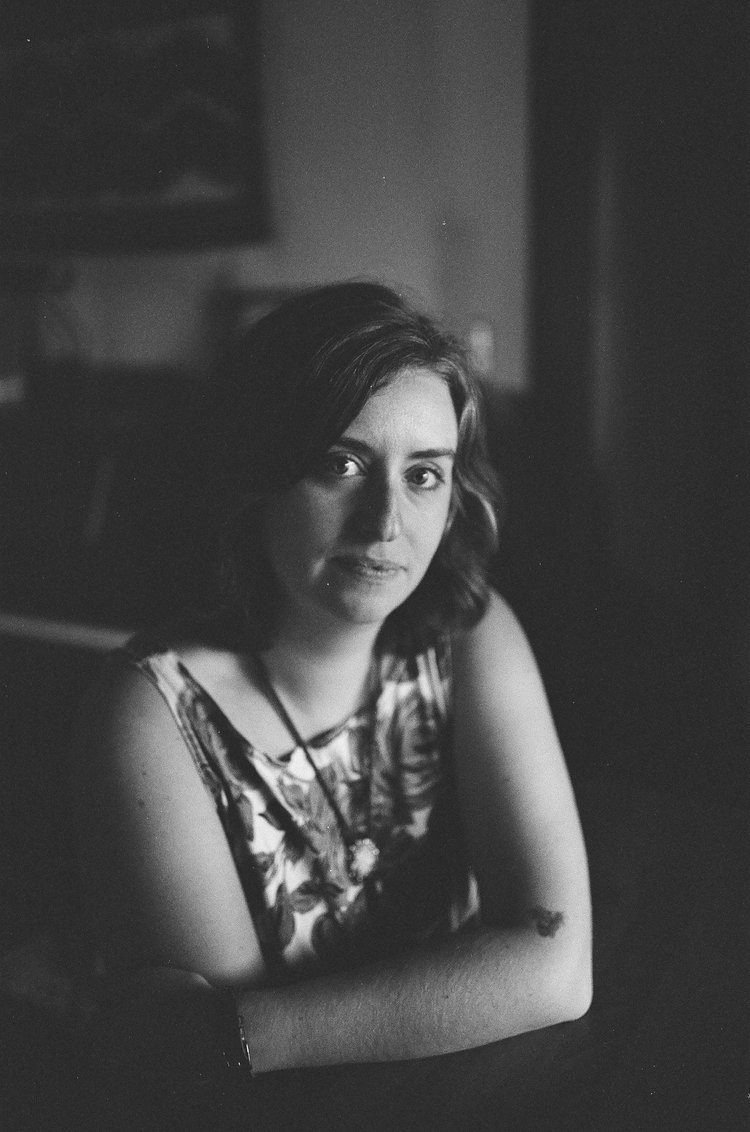Sadie Gustafson-Zook
- Folk
- Jazz
- Singer/Songwriter
Every time Sadie Gustafson-Zook carves a linoleum block, sews a pencil case out of scraps, or admires the way the ink in her Pilot G-2 glides over her journal, she thinks, “I should be doing this all the time.” The act of creating something tangible is the air Sadie breathes. Her songwriting is the same- weaving an internal dialogue, the stories she tells herself, warm melodies and clever chords into something real, something she can physically feel with her hands and her throat. And chances are that you’ll be able to feel them too.
Sadie’s songs have been endorsed by some of the most respected songwriting contests in the country, winning Kerrville Folk Festival’s 2022 New Folk Contest (as well as placing as a finalist in 2020), earning second place at the Rocky Mountain Folk Fest’s Songwriter Showcase, and winning first place at the NewSong + LEAF Songwriting Contest. Sadie has been featured on the Basic Folk podcast and on Folk Alley.
On Sadie’s May 2024 album “Where I Wanna Be,” she takes the listener along on an intimate journey as Sadie decides where to call home. Recorded on an 8-track reel to reel, this stripped-down album isn’t hiding behind anything. Over the course of 10 delightful tracks the listener gains insights into Sadie’s middle school crushes on gay boys, a desire to call the weatherman to ask for some guidance, and the nerve-wracking experience of meeting your idols and feeling small. Throughout the album Sadie’s agile vocals and intricate guitar playing shine while her thoughtful lyrics capture the immensity of potential and the complexity of history that emerge during times of life transition.
Following closely on the heels of “Where I Wanna Be” is Sadie’s fall 2024 EP entitled “What I Pushed Below,” out November 13th, 2024.

